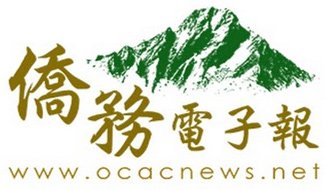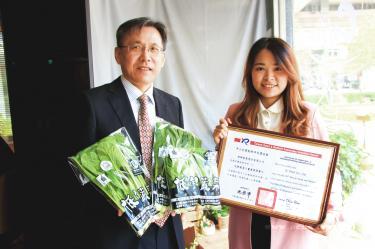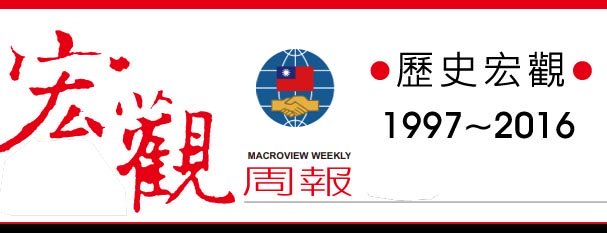A pharmacist who developed a method to grow vegetables with lower potassium content that would benefit people with kidney disease on Wednesday won an innovation award from the Ministry of Economic Affairs.
Huang Ming-fa, 54, received the ministry’s Low to Mid-Level Industries Innovation Award for his efforts.
Huang said he came up with the idea three years ago while visiting his mother-in-law, who had to finely dice vegetable stems and leaves and boil them for three minutes before eating to lower their potassium level, as she was undergoing dialysis.
This process causes vegetables to lose their crunchiness and nutritional value, and, as a result, many dialysis patients come to dislike eating greens and so they forgo eating them, Huang said.
He began researching the issue at the National Chung Hsing University’s Department of Plant Pathology, Huang said.
He found that potassium levels in vegetables are affected by the soil, the nutrients with which they are grown and the method of planting, he said.
“Some professors told me to give up, as most fertilizers contain nitrogen, phosphorous and potassium,” Huang said.
Nevertheless, Huang developed low-potassium soil suitable for agriculture, as well as for growing vegetables on racks, he added.
He also used IV-drip systems to deliver low-potassium culture fluids to the plants, as well as adopting methods, such as flypaper or pheromone traps, to avoid using pesticides, he said.
After assessing Huang’s vegetables, the university’s Soil Survey and Testing Center discovered that they contained 40 percent less potassium than other vegetables, he added.
In 2017, Huang won a bronze award in the Ministry of Science and Technology’s biotechnology innovation competition, he said.
Mass-production of vegetables low in potassium would not have been possible without the funding his team received from the ministry as a result of that award, Huang said.
Huang and his team grow Chinese cabbage, bok choy, rapeseed, lettuce, as well as cherry tomatoes in Taichung’s Sinshe District (新社), he said.
Growing up in a farmer’s household, Huang said that he was acutely aware there was a shortage of people willing to become farmers, and he hopes his program would attract more young people to farming villages to take it up.










